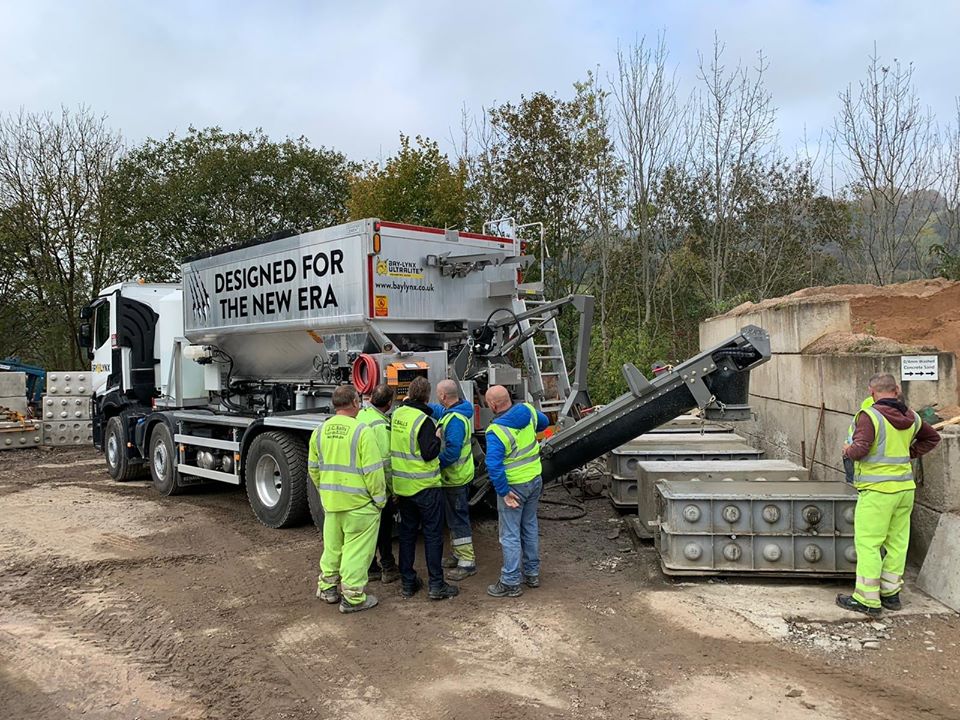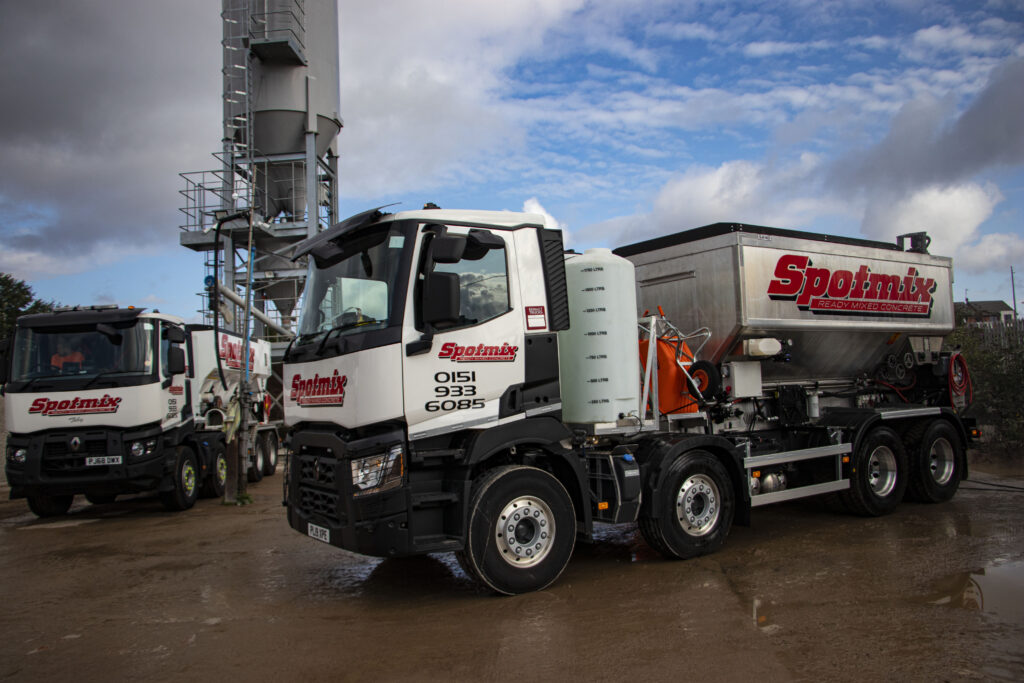The volumetric concrete mixer business is a rather unique one. It may sometimes feel overwhelming to try to get into this side of concrete production. However, the business can be broken down to a few questions that can be relatively simple to answer. When considering a volumetric mixer, ask your sales contact these questions:

Maybe the most important question; How do I make money? If possible, ask your sales rep to take you through a ROI (Return on Investment) sheet to truly understand the finances. To determine this, there are a few things we need to analyze:
Although these can be great numbers to reference, you must also make sure you understand how you are structuring your business. For example, if your goal is to supply yourself with concrete, those numbers will not be able to take into consideration how much time you saved, how many additional jobs you will be able to take on each year, and how your crew’s efficiency has been affected by not having to wait on concrete.
As a rule of thumb, if you can approach 2,000 cubic meters a year or 2,500 cubic yards a year, you should be able to turn a profit while paying off your equipment on a 5-year payment period.
Bay-Lynx can provide you with a chassis brand of your choice or can work with your local truck provider if you wish to use them as the source of your chassis. We can provide axle ratings and computer simulated weight distributions for you, so you know what your legal carrying capacity is for your model. All of the major truck brands can provide a suitable chassis but there are things that we recommend you look for when spec’ing a truck:

This varies depending on your federal/provincial/state transportation laws. Sometimes customers say they want to carry 10 meters/12 yards of material, but it is our responsibility to inform them that just because they can fit enough material in their mixer for 10 meters/12 yards does not mean that they will be road legal. Consult with your local sales rep to see how much material a volumetric mixer can carry in your area.

An increasingly challenging dilemma facing volumetric companies is finding skilled operators. We at Bay-Lynx have aided to combat that by automating much of the set-up normally needed to be done by the operator. However, your ideal operator can identify concrete quality/slump by looking at it. Also, your operator should have the skills for machinery operation rather than solely truck driving.
Pretty much any concrete a ready-mix plant can produce. Make sure you have this discussion with your sales rep as he can cover all your concrete needs and mix designs as it relates to your mixer. If you plan on producing coloured concrete or fibre reinforced concrete, your salesman can equip a fibre feeder and colour feeder to your machine. Treat this as an additional revenue source. Bay-Lynx machines have the ability to mix zero slump mixes as well.
Contact a local quarry for your sand and stone materials. Any time you change suppliers of your materials, your machine should be re-calibrated to fit the new material density and shape. For more on aggregates, see our article here.
Cement storage comes in two forms: silo and bagged cement. Bagged cement can be useful for delivering cement on site. Be cautious that your bagged cement does not come into contact with any moisture. Bagged cement can be loaded with a forklift/loader.
Although bagged cement might seem more convenient, they are much more expensive in comparison to buying high quantity cement that is loaded straight into a silo.
If you live in a colder climate winter pouring may be a concern. We recommend limiting usage in freezing temperatures. If it is necessary for you to keep busy in the colder season, here are some things to consider:
Aggregate:
Aggregates are very important to keep controlled for temperature. The last thing you need is clumps of frozen material preventing your material from being metered properly. We recommend storing your material on heated pads with a tarp to protect from any moisture. If heated pads are not a possibility, try storing your material in a heated indoor facility the night before usage.
Water and Admixes:
Load warm temperature water in your tank. The water tank can withstand temperatures up to 140 degrees Fahrenheit (60 degrees Celsius). Do not try to exceed that mark.
Another option would be to install a heat exchanger that reroutes the engine coolant with your water. This technique can maintain your water temperature but is not reliable for heating your water temperature.
Excess admixtures should be drained after the workday.
The most important component of the mixer is the auger as it is the only component that comes in contact with the concrete. Your wear blades should be changed at least once per season depending on the mix designs you are pouring. Low slump mixes are subject to more wear than high slump mixes. Also remain active on your lubrication schedule. Your machine requires weekly lube points as well as a couple of daily lube points to make sure bearings are kept in good condition.
Financing can be quite simple as truck dealers are happy to finance the entire package. This is usually the recommended route to keep things simple for the customer. Bay-Lynx works with several sources for financing and can put you in touch with them anytime to help with your financing needs.
If you have any more questions about the process of purchasing a volumetric mixer, our sales team at Bay-Lynx is standing by. Give us a shout at 0161-403-0003.